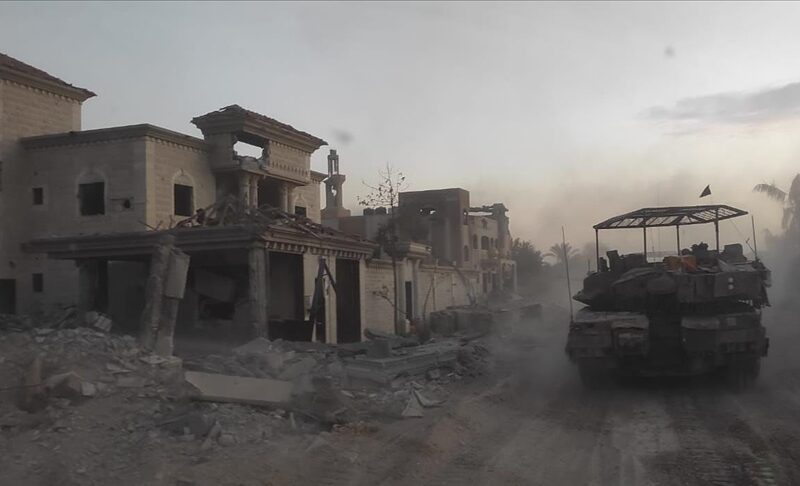According to Israeli media, 12 Hamas hostages were murdered by Israeli tank fire on October 7 near the Be’eri settlement.
Haaretz, an Israeli news agency, asked for a probe into the deaths of Israeli hostages by tank fire near the Gaza Strip on Monday.
According to Israeli media, at least 12 hostages held by Hamas fighters were killed on Oct. 7 when an Israeli tank fired two shells into a residence in the Be’eri settlement.
“There is no more justified demand than that of the relatives of those killed in the Kibbutz hostage crisis.” Be’eri to probe the army’s activities and to get the truth about their loved ones’ deaths,” Haaretz wrote in an editorial.
The newspaper demanded an explanation from the Israeli army for its soldiers’ actions during the settlement attack.
According to the statement, an investigation will assist clarify whether the “Hannibal Protocol,” which states that a dead Israeli is preferable than enemy-held hostages, was used during the settlement raid.
According to Israeli media, the “Hannibal Protocol” is a military regulation that controls how field units respond when a soldier is seized by hostile forces.
The protocol was drafted in 1986 and was repealed in 2016 by the then-Israeli Army Chief of Staff, Gadi Eisenkot, who now serves as a minister in the Military Ministerial Council.
According to Haaretz, a probe would assist determine whether this military command would be utilized against Israeli hostages held by Hamas in Gaza.
Following its Oct. 7 attack, Hamas is thought to be holding almost 136 Israeli hostages in the blockaded enclave.
According to Gaza’s health officials, Israel has launched air and military operations on the Gaza Strip since Oct. 7, killing at least 23,084 Palestinians and injured 58,926 others, while the Hamas attack is thought to have killed approximately 1,200 Israelis.
The Israeli assault has left Gaza in shambles, with 60% of the enclave’s infrastructure damaged or destroyed and almost 2 million Palestinians uprooted amid severe food, water, and medication shortages.










